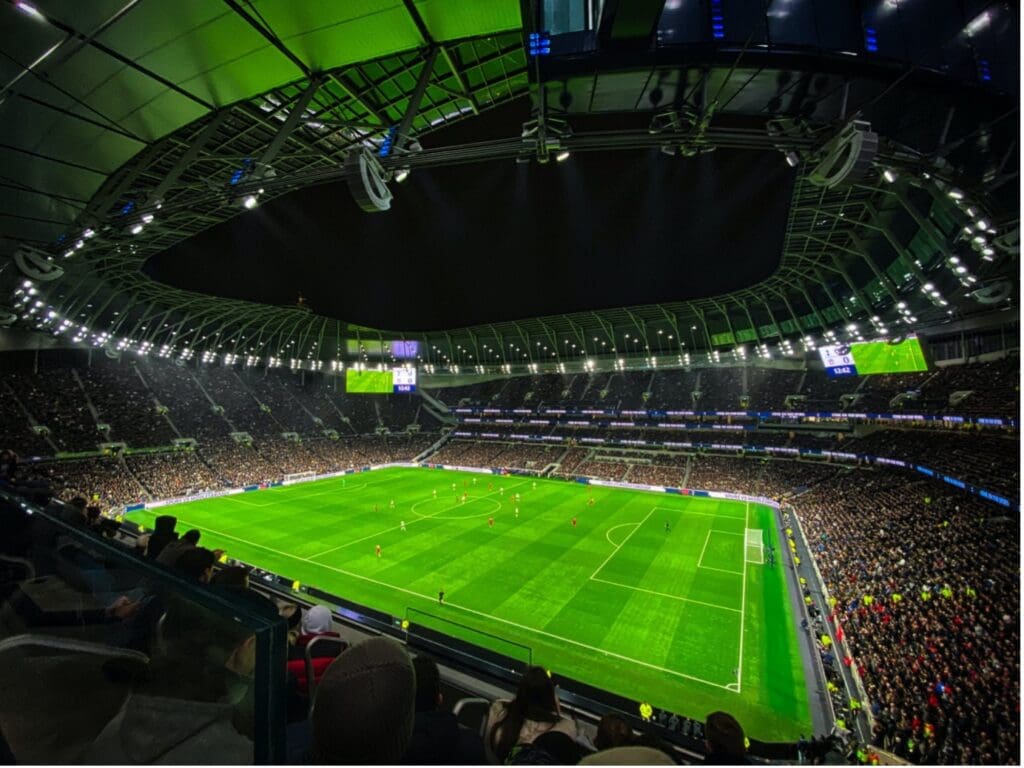It’s easy to assume that the Premier League is the only league that matters in the UK.
After all, it’s where all the big teams compete – and where you’ll find many of the world’s best players too.
It’s also reckoned to be the most-watched sports league in the world, available in 212 separate territories and with a potential global audience of around 4.7 billion fans. The broadcast rights alone cost $8.5 billion a year and are set to rise to over $9 billion following the next round of negotiations.
But focusing on the Premier League alone is to overlook the English Football League, or EFL for short.
Established in 1888 as simply the Football League it’s the oldest of its kind in the world and is still very much linked to the Premier League from which it split in a schism back in 1992.
A little history
To understand how the Premier League first came about it’s important to put it into a historical context.
Before 1993 the Football League as it was then known consisted of four separate divisions, prosaically called Division One, Two, Three and Four.
The 1970s and 80s were dark times for football in the UK with hooliganism and tragedies like the Heysel Stadium disaster earning English fans a very bad reputation. Stadiums were also starting to crumble and become unfit for purpose.
However, the 1990 World Cup was a reasonably successful one for England who reached the semi-finals, a feat that generated new faith in the sport.
A senior executive of one of the biggest TV channels in the UK approached the five biggest clubs of the time – Manchester United, Liverpool, Tottenham Hotspur, Everton and Arsenal – proposing a breakaway league capable of demanding a larger share of the TV rights money than the lower leagues.
The fact that more money would come into the game was reason enough for the Football League to agree to the split. Although this has come to be an issue.
Money talks
One of the main criticisms of the Premier League today is that it is all about money and less and less about the grass roots of football when fans used to support their local team and could easily afford to go and see them play every Saturday.
The pyramid structure of English football means that the money earned by clubs in the top flight is supposed to trickle down to the lower levels and into the EFL. But this hasn’t happened as planned and there’s a current situation in which the UK Government is threatening to enforce a more generous share-out of the revenue generated by the Premier League.
Relegation pays.
The four-league system of English football means that at the end of each season the three clubs who have scored the fewest points in the Premier League are relegated to the Championship – the highest league in the EFL. The Premier League odds suggest Sheffield United and Burnley are already pretty much confirmed to be playing Championship football next season, the relegation will cost them a fortune.
In turn the two highest scoring teams in the latter plus a third team which has won a series of play-offs is promoted.
To compensate for being demoted and losing out on the future share of Premier League payments clubs going down are given a so-called parachute payment of around $39 million to soften the blow. This is nothing compared with the potential revenue that promotion brings – estimated to be about $210 million a season.
The fault in this system is that this gives the demoted clubs a huge financial advantage over the others in the Championship. So very often there is a yo-yo effect with certain clubs like Burnley and West Bromwich Albion being promoted and demoted over a series of seasons.
Feeding the top level

On the plus side, there is always the potential for particularly talented players for Championship sides to catch the eye of Premier League managers and head up into the big time – and the big money – as all these examples show.
Another important link comes in the form of the season’s knockout competitions, the FA Cup and the Carabao Cup. All clubs in the league are allowed to enter these. In the FA Cup even teams from lower levels can compete. So, over the years there have been many examples of EFL teams enjoying good cup runs – and a home match against a big opponent can earn more in a game than they do for the rest of the season.
So, for better or worse, there are many links between the Premier League and the EFL and are likely to remain important in the future.

